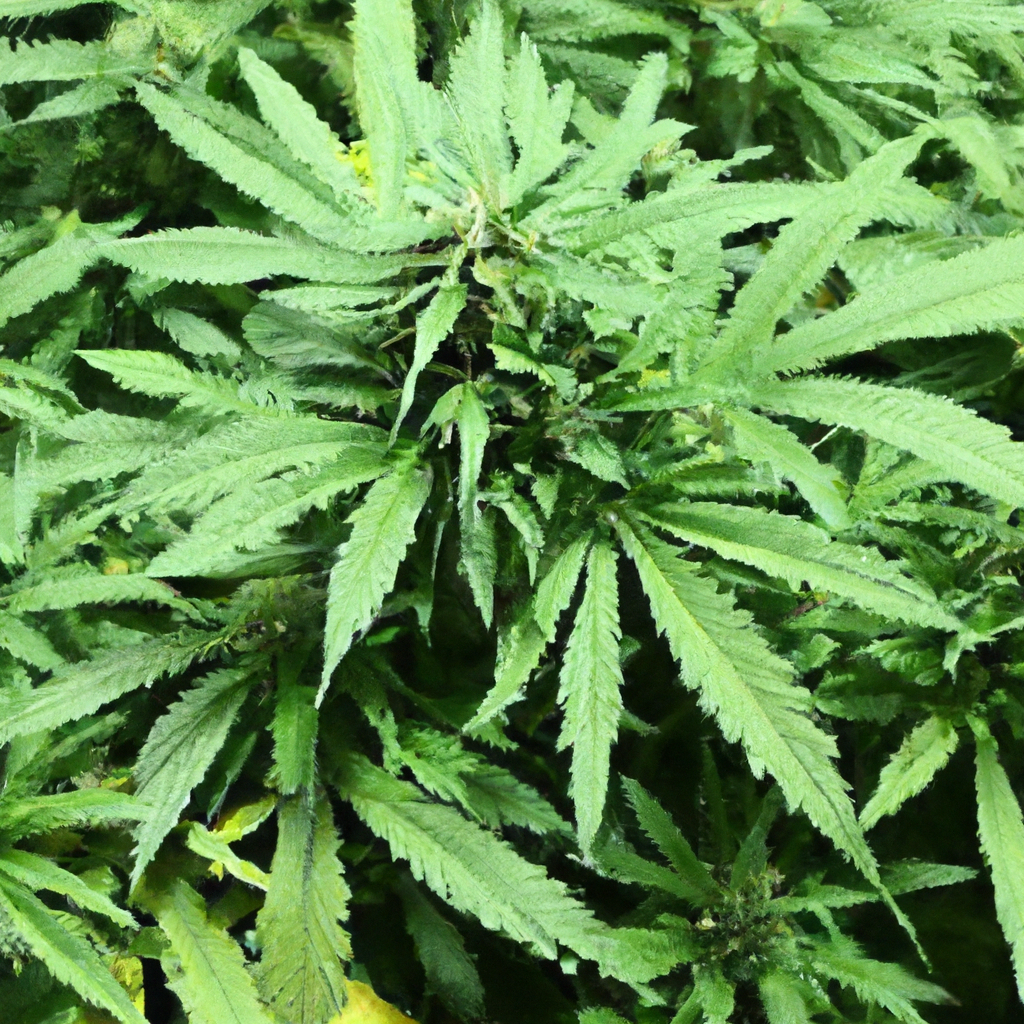Your cart is currently empty!
Organic cannabis cultivation is an art that combines time-honored agricultural practices with modern knowledge about sustainable ecosystems. Growing cannabis organically not only enhances the plant’s quality but also safeguards the environment. This guide explores best practices for organic cannabis cultivation, focusing on natural fertilizers, composting, and eco-friendly pest control.
Building the Foundation: Healthy Soil Ecosystem
Healthy soil forms the cornerstone of successful organic cannabis cultivation. To nurture a fertile growing medium, it’s essential to focus on enhancing soil health naturally.
- Add Organic Matter: Incorporate compost or aged manure to enrich soil with essential nutrients and improve its structure.
- Encourage Beneficial Microbes: Use plant-based compost teas to introduce beneficial bacteria and fungi, promoting robust plant growth.
- Layer with Mulch: Apply a thick layer of organic mulch to retain moisture, regulate temperature, and suppress weed growth.
Feeding the Green: Natural Fertilizers
Nourishing cannabis plants organically requires the use of natural fertilizers that provide essential nutrients without the risks associated with synthetic chemicals.
- Bone Meal and Blood Meal: These offer a rich source of nitrogen, phosphorous, and calcium, vital for healthy growth and root development.
- Bat Guano: Known for its high nutrient content, bat guano enriches soil with nitrogen and phosphorous, boosting plant vitality.
- Seaweed Extract: Packed with micronutrients and growth hormones, seaweed promotes vigorous growth and stress resistance.
Managing Challenges: Natural Pest Control
Organic cannabis growing requires innovative strategies to manage pests without resorting to synthetic pesticides.
- Companion Planting: Plant herbs like basil and marigolds nearby to deter common pests naturally.
- Beneficial Insects: Introduce insects such as ladybugs and predatory mites to combat aphids and spider mites organically.
- DIY Solutions: Use homemade neem oil sprays to control pests while keeping your plants chemical-free.
Harvesting the Benefits: Environmental and Consumer Perks
The advantages of cultivating organic cannabis extend beyond the grower to the environment and consumers alike.
- Environmental Impact: Organic practices promote biodiversity, enhance soil health, and minimize pollution, sustaining the ecosystem.
- Consumer Health: Organic cannabis is typically richer in cannabinoids and terpenes, offering purer and potentially more effective therapeutic benefits.
- Sustainability: Utilizing renewable resources and maintaining long-term soil fertility ensure sustainability and resilience.
Conclusion
Organic cannabis cultivation, by prioritizing natural solutions and sustainable techniques, fosters a healthier environment and produces high-quality yields. By focusing on building soil health, using natural fertilizers, and implementing eco-friendly pest controls, growers can master the art of sustainable cannabis cultivation. As the demand for cleaner, greener products rises, the advantages of organic methods will continue to shine, benefiting both the environment and consumers.
Tags: OrganicGrowing, NaturalFertilizers, Compost, PestControl, SustainablePractices
Discover more from Magic Clones
Subscribe to get the latest posts sent to your email.


Leave a Reply